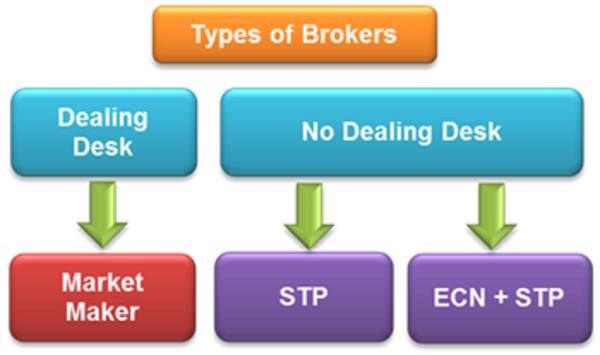FX Brokers Get Quotes: Many new forex traders find that they have to learn a lot of information about forex brokers before trading with any. Forex is not something that you can jump into and get involved with without learning how it works and its requirements. You must know about the different types of forex brokers out there and what they require from you. If you want to trade more successfully, you should get quotes from different brokers first. This is the best way for you to get a feel for the market and what they require from their clients.
When a new trader joins the market, they often have very little knowledge about how the forex market works, and therefore they rely on a broker to tell them what to do. To make the right decisions, a trader needs to understand all about the market, and an apt way to do this is by getting quotes from a broker, which come from a principal source. This will get you to learn more about how the broker operates.
How Do FX Brokers Function?

Forex brokers thrive off of the constant fluctuations of the market to make a profit. A good Forex broker is an independent entity that exists solely to turn a profit for its traders. However, what makes them successful is not entirely calculated in dollars and cents; it’s also the quality of service they provide their customers.
Even the Forex broker’s success is dependent on the currency market itself. This means that their ability and reliability largely rely on how well the entire market is doing. If the market is taking a dip, a new broker’s success or failure depends on how well he or she can keep the clients’ money safe.
If you want to know how the foreign exchange market truly functions, you should know that traders are the clients who pay to the sellers, i.e., the brokers a specific fee, i.e., ask spread or bid spread. They pay this fee to access the FX market. In this whole equation, brokers remain connected to liquidity providers to help traders. That’s why the brokers introduce an additional layer to the quoted prices, including the updated entails (on behalf of liquidity providers and interbank transactions).
Who are the Major Liquidity Providers in the FX Market?
Major liquidity providers are money managers or investment banks that provide foreign currency investments. Through investment banks or investment management companies, most of the banks are major liquidity providers in the forex market. They have access to major currencies, and they purchase them when the currencies start falling and then sell them when the prices rise. Through this, they earn profits by facilitating foreign trade in the forex market.
These major liquidity providers have a lot of activities going on. For example, they invest in currencies and then trade these currencies through transactions and exchanges. If you look at the market, the prices are always fluctuating. Traders have to be ready with their transactions and exchanges so that they could make profits. The major liquidity providers in the forex market earn profits through these activities by facilitating the trades and exchanges in the market.
Here are some of the major liquidity providers in ascending order of the percentage of involvement and market share invested in the FX market:
- Merrill Lynch – 4%
- JP Morgan Chase – 4%
- Bank of America – 4%
- HSBC – 5%
- Goldman Sachs – 5%
- RBS – 7%
- Barclay’s Capital – 7%
- Citigroup – 11%
- UBS – 12%
- Deutsche Bank – 20%
